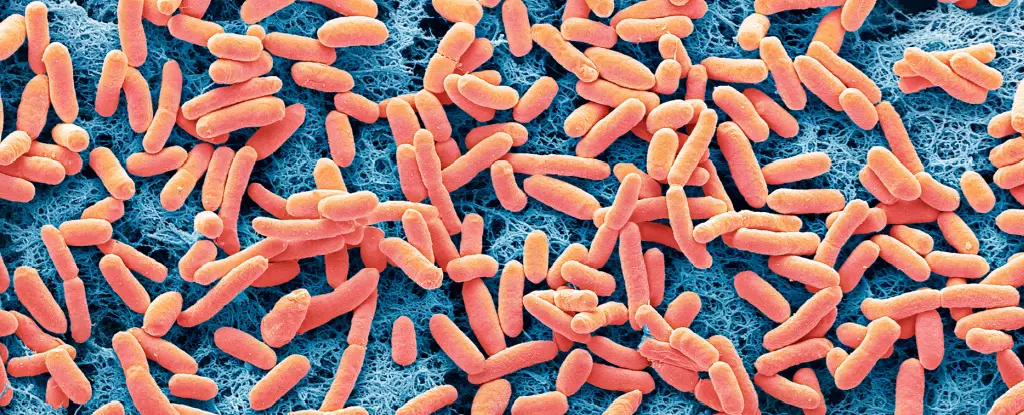Wastewater treatment has always been a challenge for industries, particularly those involved in brewing. However, recent research from the Swiss Federal Institute of Technology Lausanne (EPFL) has provided a breakthrough in the field. By manipulating the genome of Escherichia coli (E. coli), a common bacteria, scientists have successfully engineered a strain capable of generating electricity from brewery wastewater. This innovative approach has the potential to revolutionize not only wastewater treatment but also energy production. In this article, we will explore the significance of this discovery and its implications for both industrial and environmental sectors.
Since Michael Cressé Potter’s discovery in 1911, scientists have been intrigued by the possibility of harnessing the power of microbial fuel cells. These tiny bioreactors, powered by microorganisms, could potentially offer sustainable and clean energy solutions. However, the main obstacle has been the low efficiency of these fuel cells, rendering them impractical for widespread use. Furthermore, microbes have proven to be selective in the substances they can digest to produce electricity. This limitation has prompted researchers to explore alternative strategies to enhance the capabilities of bacteria in electricity generation.
The team of researchers at EPFL tackled the challenge by focusing on one of the most common bacteria, Escherichia coli. By modifying the organism’s genome, they introduced genetic instructions for protein complexes found in Shewanella oneidensis, a well-known bacterial electricity generator. This modification allowed E. coli to produce a flow of electrons when it reduces metals, similar to S. oneidensis. Through this approach, the researchers managed to increase E. coli’s electroactivity two-fold compared to previous bioengineered strains. However, these experiments were conducted under controlled laboratory conditions, raising the question of whether this technology could be effective in real-world applications.
To test the viability of their modified E. coli in an industrial setting, the researchers turned to brewery wastewater – a challenging substrate due to its complex composition. Breweries are required to treat their wastewater to avoid releasing harmful substances into the environment. The team collected a sample of wastewater from a local brewery in Lausanne, Switzerland, and exposed it to their genetically modified bacteria. The results were promising, as the E. coli effectively consumed the wastewater over a period of 50 hours. In contrast, the comparator bacteria, S. oneidensis, struggled to digest the mixed effluent.
Expanding Applications and Potential Energy Savings
The ability of E. coli to digest various chemical substrates opens up possibilities for adapting the bacteria to other waste streams and feedstocks. If successful, this could yield significant energy savings, with the bacteria producing electricity while processing organic waste simultaneously. The team at EPFL envisions a future where industries can leverage this technology to reduce energy consumption in wastewater treatment, transforming it into a sustainable and self-sufficient process.
While the current findings are promising, there are still challenges to overcome before the modified E. coli can be deployed on an industrial scale. The researchers must test whether their genetically engineered bacteria can process large volumes of industrial wastewater effectively. Additionally, the electricity-generating potential of the modified E. coli is still slower than that of S. oneidensis, necessitating further optimization to enhance its performance.
The discovery and successful modification of E. coli for electricity generation from brewery wastewater marks a significant milestone in the field of microbial fuel cells. This breakthrough technology has the potential to transform wastewater treatment processes and reduce energy consumption in various industries. By harnessing the power of genetically modified bacteria, researchers are paving the way for a more sustainable and eco-friendly future. While there are still challenges to address, the prospects for commercialization and widespread implementation are encouraging. The future holds great promise for this groundbreaking innovation, with the potential to revolutionize both energy production and environmental preservation.


Leave a Reply